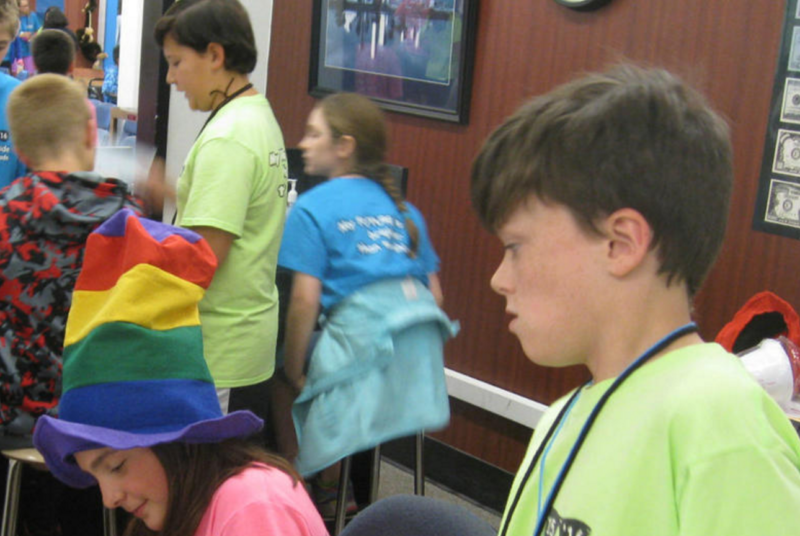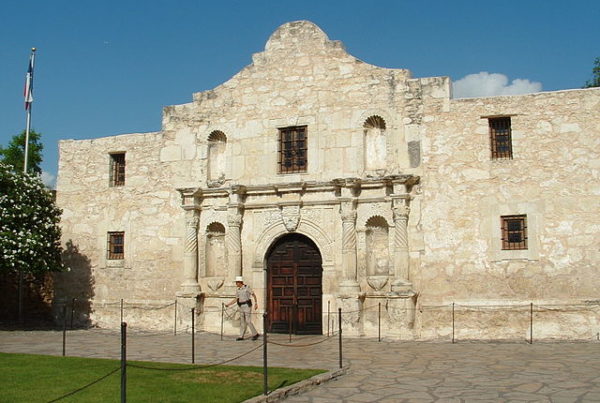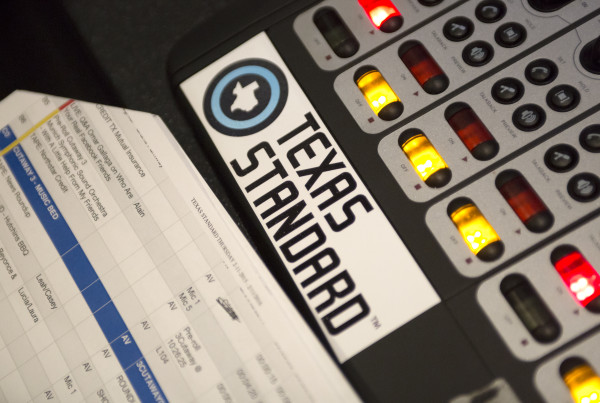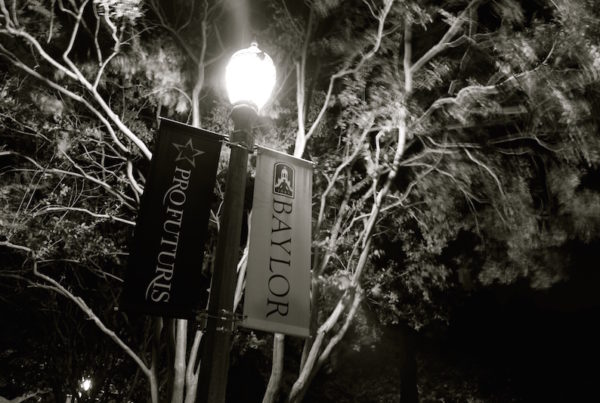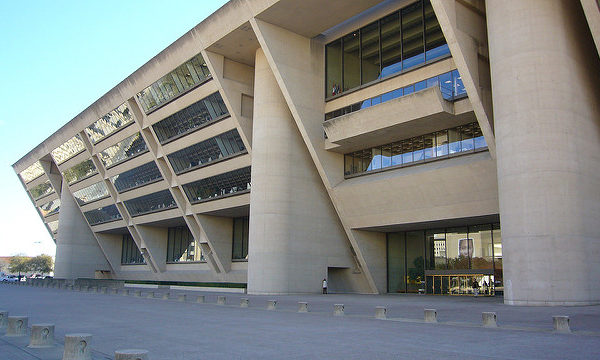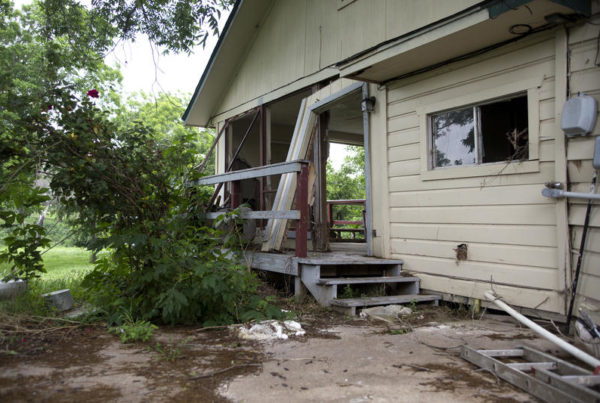From KERA News:
As Richardson employees are busy trimming trees outside in Canyon Creek Park. inside Canyon Creek Elementary, fake city workers care for their own park in Enterprise City.
“You cannot walk on the green grass; you will get a ticket.”
OK, it’s not really grass, just green carpet. In this large, converted classroom, Enterprise City bustles with businesses you can find just about anywhere. There’s a bank, a print shop, newspaper, arcade, and more.
The tiny town was founded in 1985 by the Richardson school district so kids could get a hands-on taste of government and business. Today’s fifth graders, from Lakeside Elementary in Coppell, run everything attracting kids from across North Texas.
“My name is Aman Chiniwala. I am the accountant at the web page design shop.”
“My name is Emily Fishetti. My first choice was bank president and they gave me bank president.”
Enterprise City boasts full employment. No jobless or homeless here. Every student also gets paid – albeit in funny money – but they can spend it on little things they can actually take home. Store owners hawk everything from gag gifts at the joke shop to photos and t-shirts.
“Come to the joke shop, don’t go away. Photo shop. T-shirt shop…” the kids yell from their stores.
Today, 11-year-old Jay Thompson is running the sports shop. He’s just finished signing employee pay checks. In real life, he’s never written a check, let alone endorsed one.
“I give it to them, they go to the bank, deposit it, and then they can go buy something,” Jay says. “ This teaches us how to sign checks in the real world so we know later on in our life.”
“Real world” is a term used a lot around here. Jay’s father, Dan Thompson, uses it. The Lakeside teacher has brought seven previous classes to Enterprise City.
“There are so many kids that think they know what their parents actually do with their money and when they’re actually put in that position they realize ‘oh it doesn’t just grow on trees.’ Maybe it actually is limited,” Thompson says. “There is accountability here that, just like in the real world, if they do actually overspend, they do have to return some of the items.”


